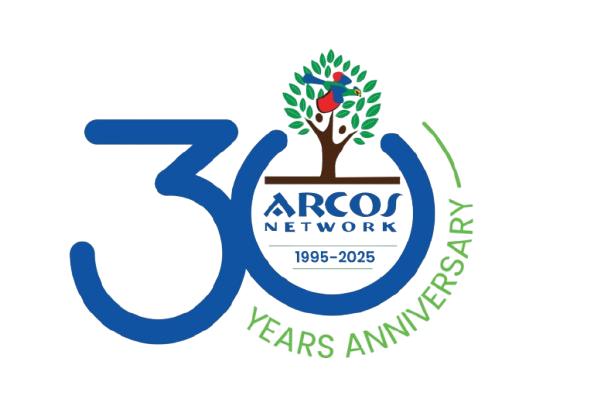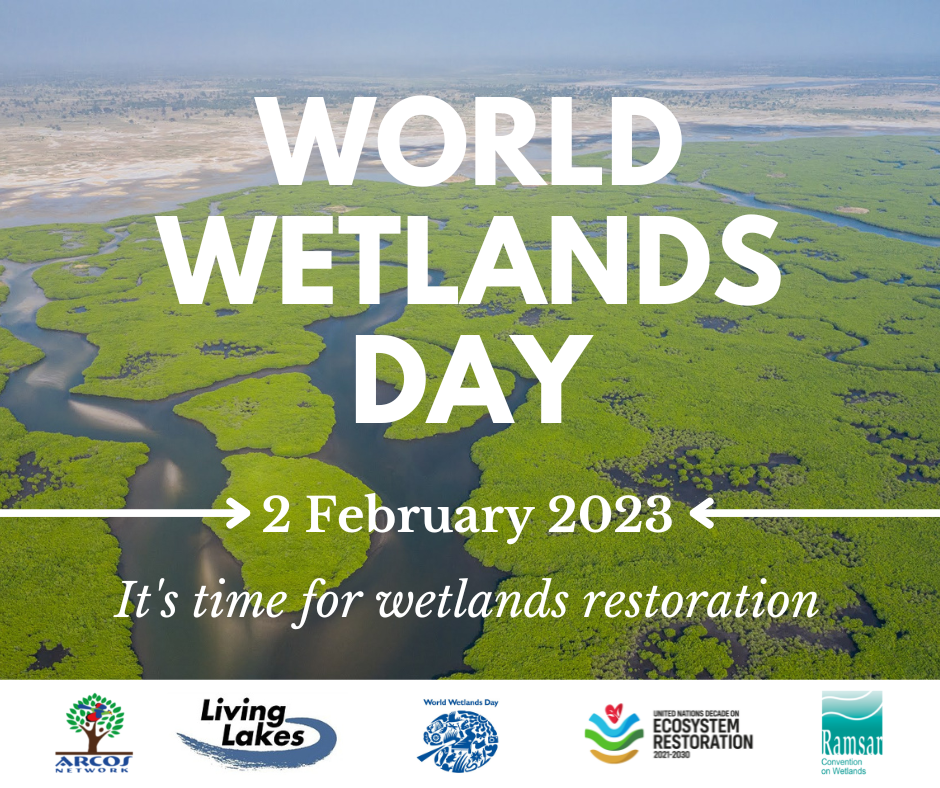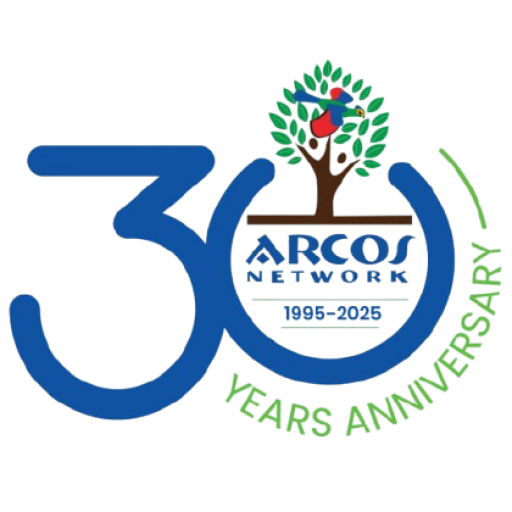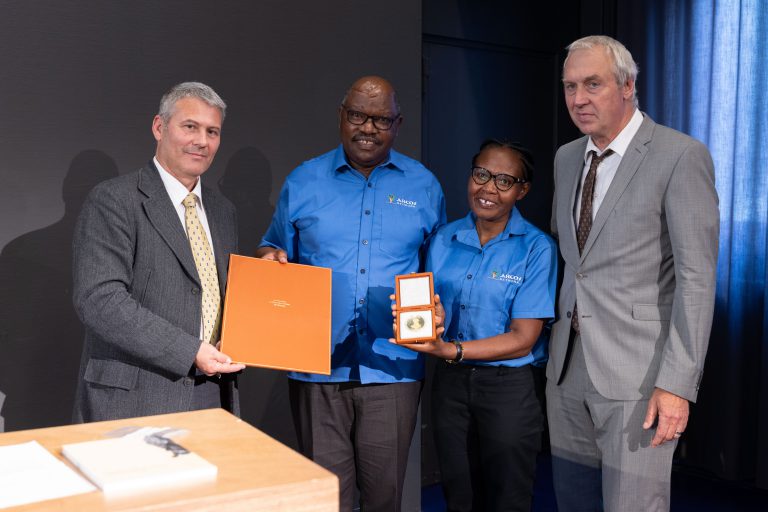Africa is endowed with the most pristine wetlands among other continents when compared to Europe or parts of North America. From the Oualidia and Sidi Moussa lagoons in Morocco to the Bangweulu Basin in Zambia, wetlands contribute in diverse ways to the livelihoods of millions of people in Africa. As everywhere else, African wetlands remain in the class of most threatened ecosystem on earth. The world’s wetlands are hanging on to a thinning lifeline where 35% of the world’s wetlands have disappeared in the last 50 years (United Nations, 2023). Yet, wetlands are critically important ecosystems as previously mentioned.
On every 2nd February of each year, The Albertine Rift Conservation Society (ARCOS) joins the rest of the world to mark the World Wetland Day. Celebrated since 1997, this occasion is all about raising awareness about wetlands as critically important ecosystems that contribute to biodiversity conservation, livelihoods development, climate change mitigation and adaptation, freshwater availability, economic development, etc. The theme for 2023 is “It’s time for wetlands restoration”.
ARCOS’ intervention in wetlands restoration
ARCOS has done quite a lot of work in terms of promoting informed decision-making in wetlands management in the Africa Great Lakes Region. It can also be mentioned that in 2013 ARCOS launched a biodiversity information system that hosts also wetland biodiversity data from the Albertine Rift region (ARBMIS). Furthermore, between 2019 and 2021, with support from the JRS Biodiversity Foundation, ARCOS implemented a project titled “Using Ecological Integrity Assessment and Advanced Information Management to Guide Wetlands Management and Decision-Making in Rwanda”. Most importantly, the attainments of this project were marked by reports which informed the development of the 6th National Environment and Outlook Report for Rwanda; mainly chapter 6 on water and wetland resources; produced by the Rwanda Environment Management Authority (REMA). It is important to consider also that for the last decade, ARCOS was engaged in building the capacity of stakeholders in Integrated Freshwater Ecosystems Management. Finally yet importantly, ARCOS joined the global effort, through the Living Lakes Biodiversity and Climate Project, to catalyze the conservation of lakes and wetlands, as a climate solution that works both for people and biodiversity.
The world wetlands day provides a retrospective and forethought moment for our beloved wetlands
As recalled, the world’s wetlands are hanging on a thinning lifeline and remain the world’s most threatened ecosystem. Nearly 90% of the world’s wetlands have been degraded since the 1700s, and the world is losing wetlands three times faster than forests (Ramsar, 2021). To halt this trend, some achievements including the establishment of the Ramsar Convention on Wetlands, good number of dialogues studying the restoration of wetlands, not to mention conservation initiatives of degraded and non-degraded wetlands. Unfortunately, the immense pressure from anthropogenic activities, ecological challenges as a result of human activities and increasing climate change effect are hitting harder remaining wetlands. This emphasizes how the world has been failing to keep the pace towards the conservation of these critical ecosystems.
Taking actions that back up the world’s commitment regarding wetlands restoration
Wetlands play a critical role to delivering on global commitments related to biodiversity conservation, climate change and sustainable development. In order to achieve these global commitments, the world needs to take actions that back up agreed responsibilities as per different conventions, agreements and protocols. ARCOS notes leading efforts to manage world’s wetlands but calls for more actions with focusing efforts on the ground as far as sustainable wetland management is concerned.



